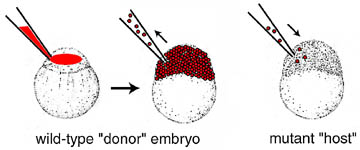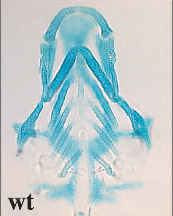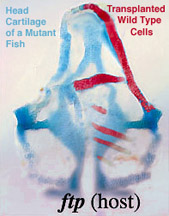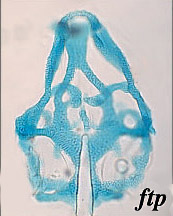|
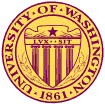
|
Un-Raible Lab
University of Washington
Department of Biological Structure
|
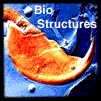
|
|
| |
Why do we use Zebrafish in our Research?
|
| |
Tools and Techniques: Cell Transplant
|
|
Zebrafish eggs are external fertilized so that we can begging
manipulation of the embryo at the one cell state all the way
through Development. One of the many interesting experiments
that can be done because of the ease of access to the embryos
is cell transplant.
|
| |
|
|
Embryos at the single cell stage were injected with a red
dye. These embryos are grown to "Dome" stage (about
4.3 hours post fertilization). A glass pipet is used to remove
cells from the donor embryo and then transplant them in to a
host. The host is then reared and the contribution of the donors
cells are evaluated. In the fallowing example the donor is a
wild type fish and the host is a mutant fish with cartilage defects.
The cell were transplanted to an area where the cells are fated
to form the head cartilage. This lets us examine weather environmental
factors effect cell fate.
Please note that the embryos shown in this diagram have a
diameter of approximately 1.mm
|
|
| |
|
|
The results of this experiment are shown above. These are dorsal view of 4 day old zebrafish sculls stained with alcian blue to show the cartilage. The skull on the left is from a wild type fish and the scull on the right is from the mutant. Note the difference in the pattern of their head cartilage. In the wild type fish we see a regular, mirrored pattern of the gill arches (middle, slim, slanted structures) while in the mutant they are these structure are are mall formed or absent and only the well formed ethmoid plate can be seen (in the wt fish it is our of focus as the head is more expanded),
In the center panel you can see a host mutant that has wild
type cells trasplaned in to it. The transplant are done on one
side of the embryo so the other side can be used as a control.
As you can see, wild type cells will form the structures they
are fated to in the mutant background meaning that it may be
a cell autonomous effect.
|
|
|
|
|
| |
| |
